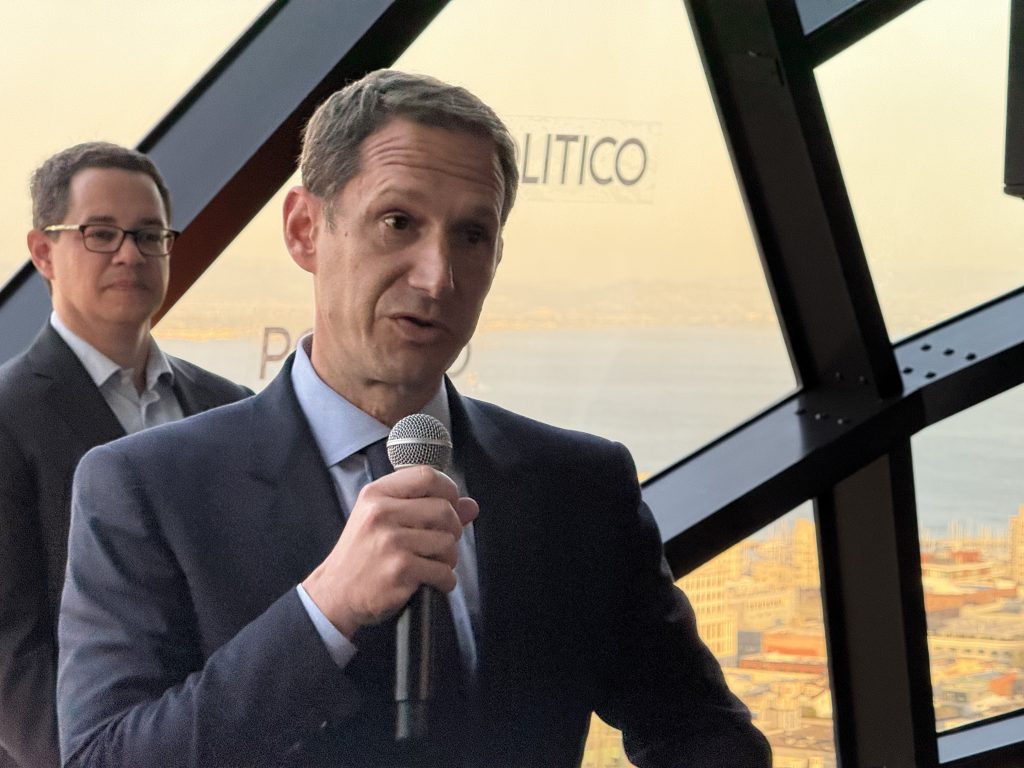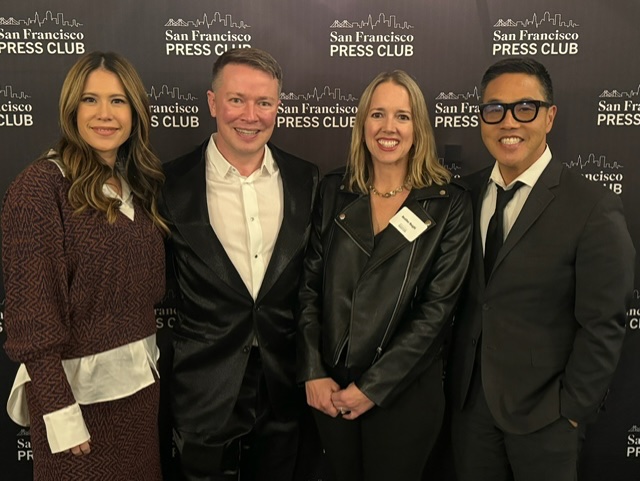With the drama surrounding the movie “Don’t Worry Darling,” many are exclaiming that Hollywood drama is making a comeback.
But are we witnessing a Hollywood comeback or a public relations failure?
The Venice Film Festival screening of the film possibly marked the pinnacle of the media frenzy, with pop culture enthusiasts analyzing the words, actions and inactions of the A-list actors. According to The Washington Post, “with ‘Don’t Worry Darling,’ Wilde’s sophomore effort, every public shenanigan contributes to what has become a rather catastrophic press tour.”
But don’t worry, darling, because as every public relations professional knows, with every media frenzy comes a slew of educational media findings.
Here are the top three PR takeaways from the “Don’t Worry Darling” press tour:
1. Direct and Navigate the Wilde
When asked about the drama surrounding the cast and production of the film, Wilde acknowledged, but didn’t address, the rumors, stating: “As for the endless tabloid gossip and noise out there, the internet feeds itself. I don’t feel I need to contribute to it.”
One of the many pieces of gossip? Shia LeBeouf was originally cast as the lead in the film but was replaced by Harry Styles – a move that was supposedly made after Florence Pugh complained about LeBeouf’s onset behavior. LeBeouf denied being fired and shortly thereafter a video circulated of Wilde begging him to continue filming. In the video, Wilde seemingly accuses Pugh of being the problem, saying, “Miss Flo needs a wake-up call.” In turn, Pugh seemed to made a nod to Wilde’s comment by posting photos on social media of her team wearing “Miss Flo” shirts while preparing her for the Venice International Film Festival.
Key takeaways:
- Crisis communications is an integral part of public relations. It is our job to help clients navigate negative press and tough questions through media training and a crisis communications plan.
- It isn’t enough to acknowledge media coverage that paints your client in a negative light. You must take control of the narrative through action and accountability.
2. Let the Truth Flo
Allegations of mistreatment, gender pay gaps and romantic relationships while filming “Don’t Worry Darling” piqued the public and media interest. And even though Wilde has attempted to address some of the allegations, other stars of the film either refuted her version of events in the press or stayed silent. The result? The media and the public attempted to find the truth themselves by overanalyzing the cast’s actions (and, in some cases, inaction).
Key takeaways:
- It is our job as public relations professionals to make sure journalists have current and accurate information on our clients for their stories. Providing inaccurate or incomplete information to a journalist can ruin your relationship and reputation.
- Provide journalists with the most up-to-date and accurate information to help build a positive relationship and story.
3. Spit Out Your Talking Points
One of the more puzzling aspects of the “Don’t Worry Darling” media frenzy is that there are many articles written about everything except for the plot of the movie. One would think that the stars of the film would be able to provide a compelling reason for journalists to watch the movie. However, that doesn’t seem to be the case.
In a now viral sound bite, lead actor Harry Styles said this when asked about his favorite part of the movie: “You know, my favorite thing about the movie is, like, it feels like a movie. It feels like a real, like, you know, ‘go to the theater’ film movie.”
Key takeaways:
- Clients should always be prepared to respond to any interview question with answers that lead back to their core messaging and value proposition. That’s why our media training teaches clients to talk in “media sound bites” and keep their answers succinct and branded.
- Talking points play the leading role in media interview preparation. A briefing document outlining main talking points, potential questions and background information on the publication set your client up for the best chance of interview success.
So, is Hollywood drama making a comeback? And is this media frenzy considered a public relations success or failure? It’s still too early to tell.




